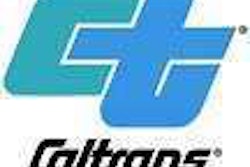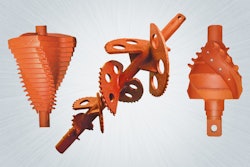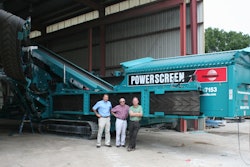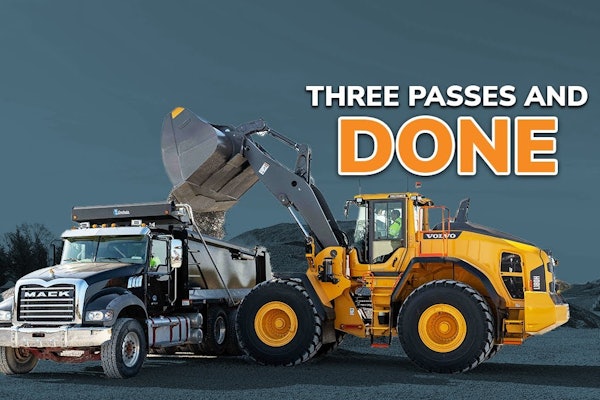The trend is now firmly established. It’s real.
State DOTs are not simply considering ways to get by with insufficient funds but making practical decisions that change the way they do their jobs. This today from the Laramie, Wyo., Boomerang:
“Essentially, we don’t have the ability to keep the pavements from deteriorating, so we are going to work into a system where we’ll try to optimize the dollars to keep the pavements in as good a condition as we can,” Jay Gould, district engineer with WYDOT District 1 (Albany, Carbon and Laramie Counties), said at a meeting with local city and county officials Tuesday.
WYDOT says for the next several years it will switch its focus from transportation improvement to pavement preservation according to the report.
It’s a strategy that will keep some roads in good condition but allow others to fall into disrepair or some substandard roads to simply fall apart. Safety is a concern. Pavement preservation can be a matter of circling the wagons and simply doing what you can with what you have. Wyoming seems to be in that category, and the state is certainly not alone. Pavement preservation can also be a positive strategy, a front line fight to minimize deterioration and in doing so maximize transportation budget allocations to what Wyoming call transportation improvement.
What’s so worrying about moves such as this one is that we are not simply seeing a case of putting work on hold until the economy recovers. Deterioration is a compounding activity. Some leads to more which leads to more and so on. Wyoming is essentially trying to slow that process rather than stop it. As time goes by Wyoming will need more funding to do the jobs it now can’t do than if they had been done today. Politicians will then be asked to deliver that funding. Politicians.
The economy is the problem. But a general public lack of awareness about infrastructure funding is also a problem. Polls show people willing to pay more (read taxes/fees) for education and health programs but not for infrastructure. They are confused about where their fuel taxes go and they distrust the politicians who spend them.So transportation cuts don’t ring the alarm bells loud enough in the ears of politicians.
Road programs are job programs, they are safety programs and they are programs designed to carry into the future. They are investments in that future. Cutting back is inevitable because there is less money in state (and Federal) coffers, but there is a reasonable argument that transportation should be a reluctant cut.
Read the Laramie Boomerang story












